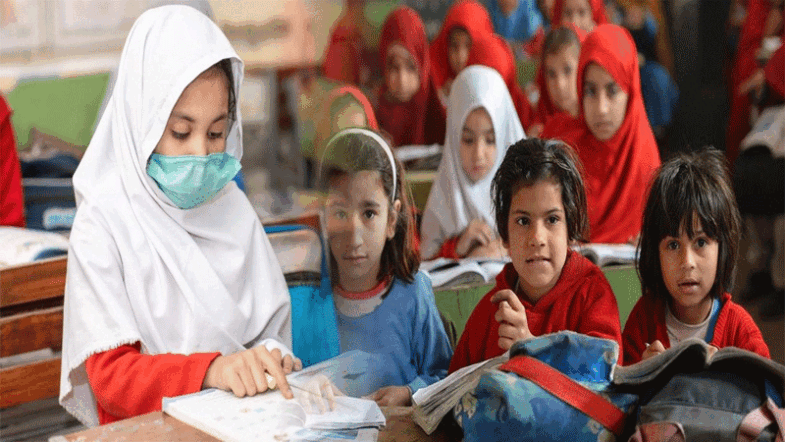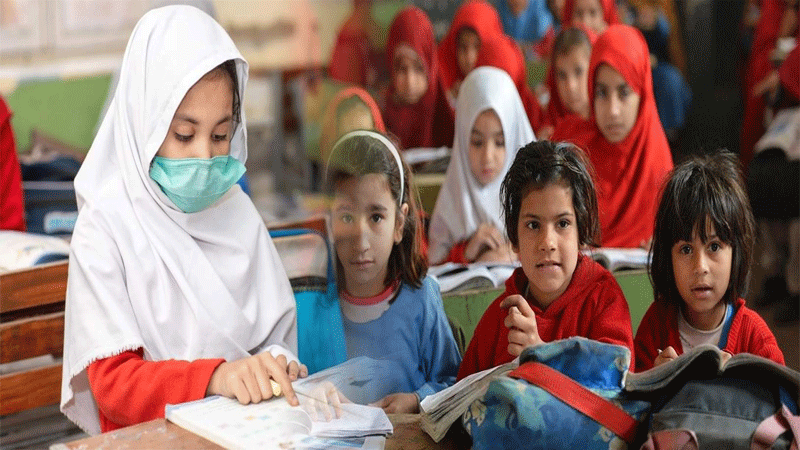The CEO of Idara-e-Taleem-o-Aagahi stressed the importance of improved school infrastructure. She advocated for increased education funding and resources.

The United Nations established the International Day of Education in 2018 to recognize the critical role of education in promoting peace and human development.
On this International Day of Education, experts stressed the importance of prioritizing education for human development, particularly during disasters, so that learners do not lose their right to an education, and they emphasized the role of political parties in ensuring quality education.
These thoughts were expressed during a dialogue conducted by Awaz CDS and the Child Rights Movement with the theme “to invest in people, prioritise education.”
According to Mr. Zia ur Rehman, Chief Executive Officer of Awaz CDS, this event was an attempt to raise awareness about the complexities of issues in the education sector through panel discussions of both development sector officials and government officials.
He went on to say that the root cause of our educational crisis is a failure to implement government policies already put in place, and once Pakistan succeeds in implementing the legislation and policies, progress and development are not far.
The first panel discussion sought to address the challenges of providing and obtaining education in disaster-stricken Pakistan. Ms. Zehra Kaneez, National Coordinator, Pakistan Coalition for Education, stated that even those who had educational resources, such as schools, lost them instantly due to a lack of disaster-resistant measures and infrastructure, highlighting the critical need to invest in disaster-resilient systems and infrastructure.
The CEO of Idara-e-Taleem-o-Aagahi, Ms. Baela Raza Jamil, stressed the importance of improved school infrastructure. She advocated for increased education funding and resources.
Mr. Syed Ishtiaq Ul Hassan Gilani, Chief Executive Officer of the United Nations Development Programme, stressed the additional concern of child abuse and child trafficking, which can be significantly reduced if Pakistan implements a free and compulsory education policy rigorously.
Ms. Ayesha Khan, Country Director of Hashoo Foundation, began the next panel discussion by concluding the previous one and reminding everyone of the importance of public-private sector collaboration as well as reasserting civil society’s effective role in addressing this nationwide educational disparity.
Zubair Safdar of raised the issue of education governance and government schools. during a panel discussion on the “Role of Political Parties in Education.” He said that government schools have great infrastructure, but the quality of education needs to be improved to gain parents’ trust.
Political parties must recognise and act on their ability to effect systematic change. The event concluded with a productive and thought-provoking Q&A session. Workers Welfare School Rawalpindi’s Ms. Aqsa Batool presents the Charter of Demand for Education.
